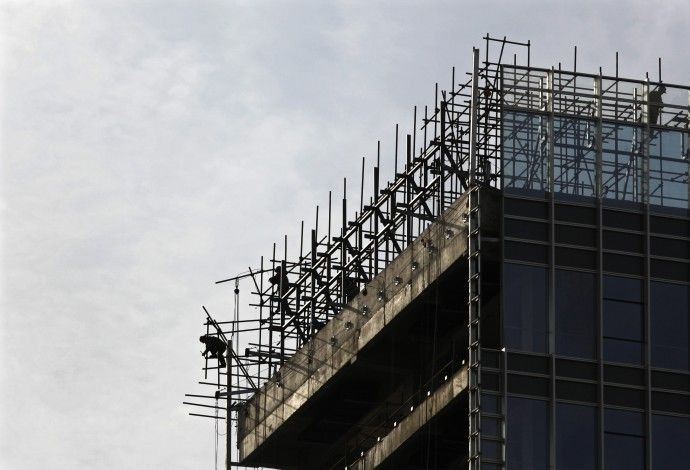China's economy should not be based on the property industry: official

The property industry should not an important pillar of China's economy, said Yun Xiaosu, vice minister of the Ministry of Land and Regulation, according to People's Daily.
Yun urges China to correctly understand and decide the correct role of the…real estate industry.
The People's Daily said the role of the property market in the Chinese economy is a divisive issue and Yun's comments are undoubtedly thought-provoking. Indeed, it is well known that China's property market is problematic and needs reform.
Jim Chanos, a famous short-seller who has now set his sights on China, said the property sector is simply too large. He estimates that real estate construction accounts for over 60 percent of GDP. Much of this construction isn't done to meet real demand and thus results in empty offices and residential buildings.
However, because the property market is responsible for so much job-creation and economic growth, China can't afford to get off this heroin of property development and is on a treadmill to hell, said Chanos on The Charlie Rose Show in April.
Another concern, voiced by the Ministry of Land and Regulation, is that property prices are above what average people can reasonably afford. This dampens consumer spending because people have to allocate a disproportionately amount their income for housing.
As Western countries deleverage and the world looks to China for demand, soaring real estate prices will prove to be an obstacle.
Moreover, Chinese municipal governments derive a good chunk of their revenues from land sales. So if land prices decline, their revenues and ability to subsidize businesses will also diminish.
Chanos and other 'China bears' believe that many businesses in the country run on razor-thin margins and therefore cannot survive without all the existing cushions -- including government subsidies.
Despite Chinese officials' recognition of this issue, dealing with it will not be easy. Yun said it will be a difficult and arduous process in the present and for the future.
© Copyright IBTimes 2024. All rights reserved.











